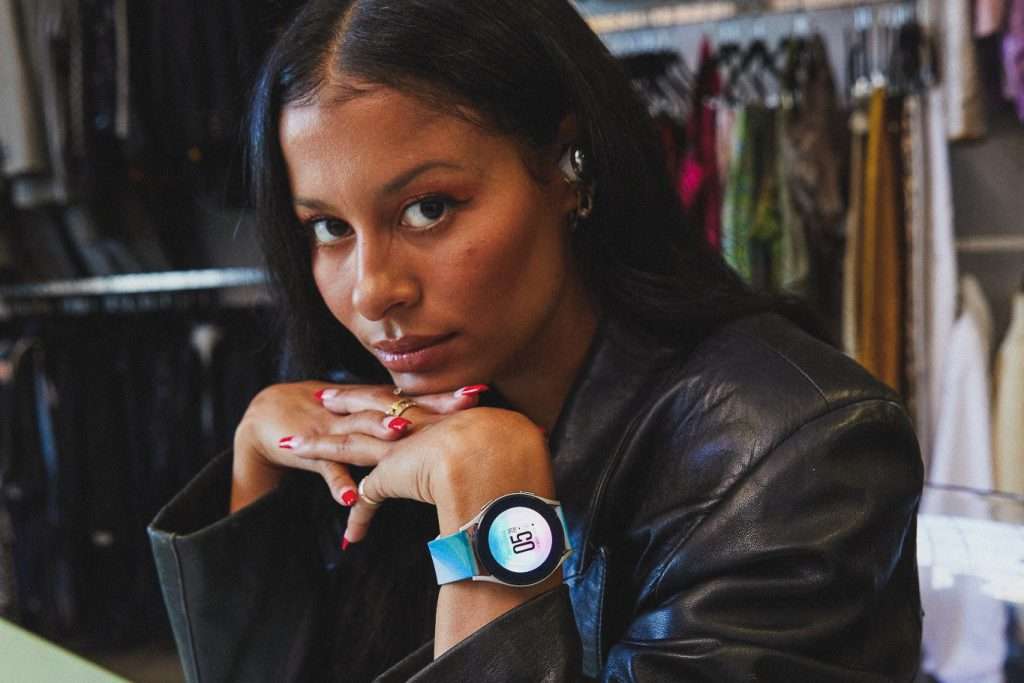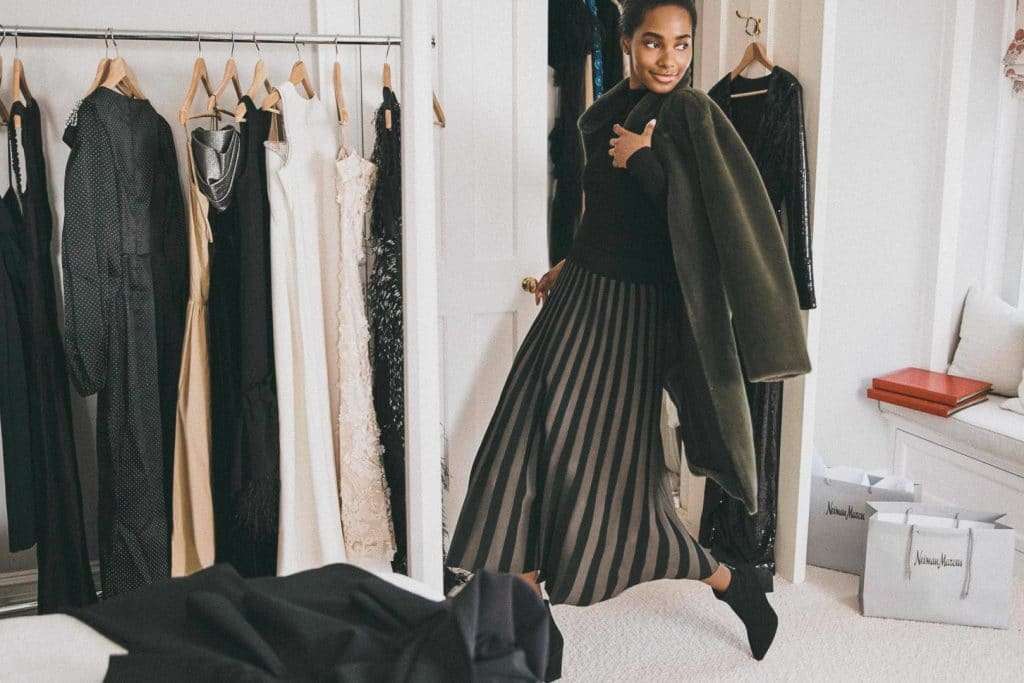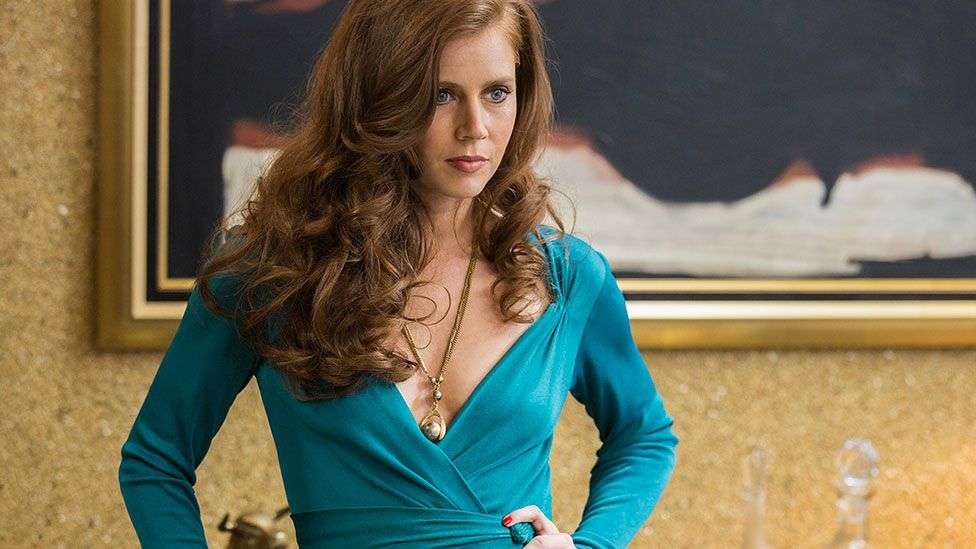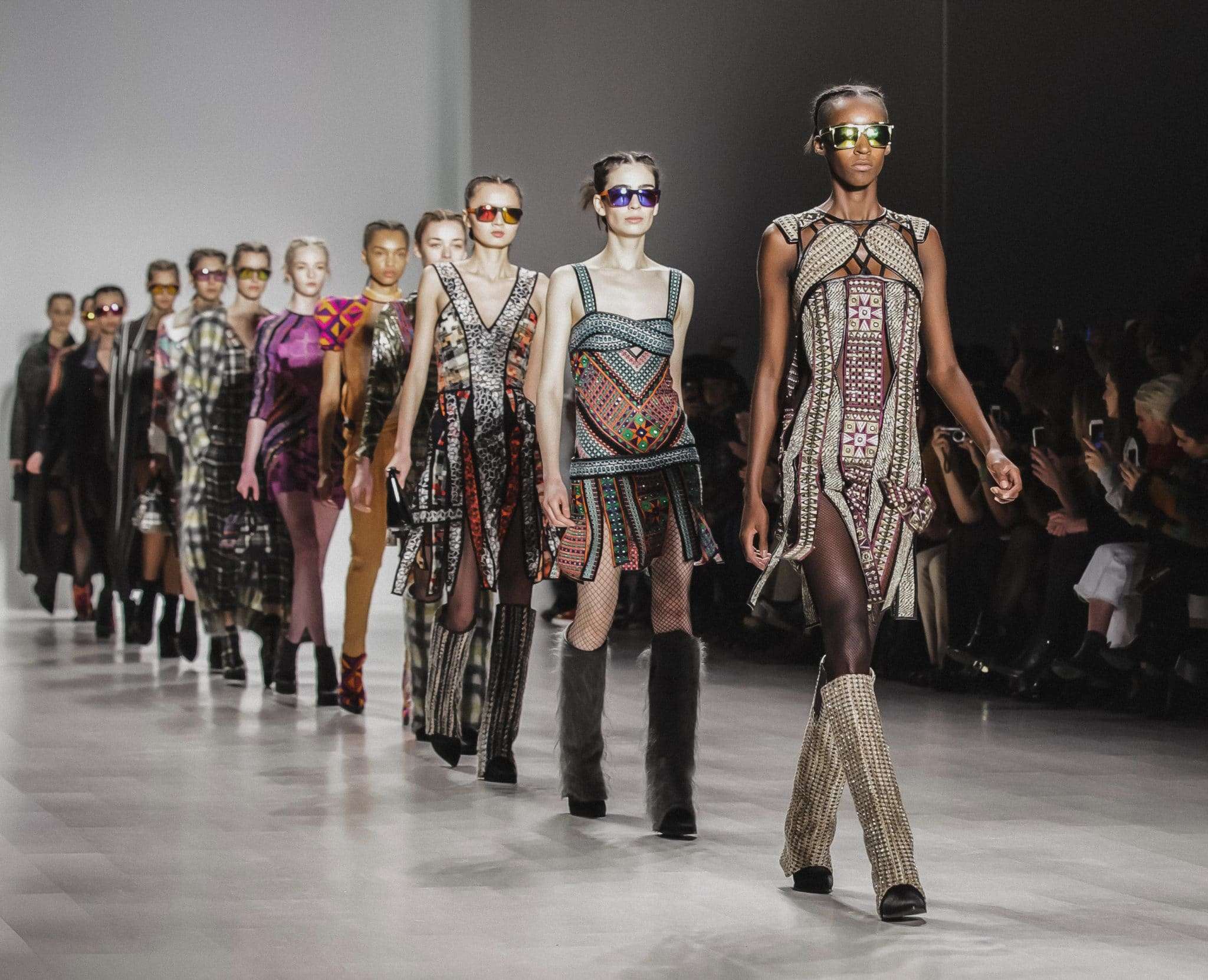New York Fashion Week 2023 was a sustainable style extravaganza, with designers and celebrities alike embracing environmental consciousness as a movement transcending trends and seasons.
Whether by moving away from virgin materials or embracing slow fashion, this year marks a pivotal moment, giving us a glimpse of a world where fashion and sustainability go hand in hand – or at least start to get along.
Here are our top takeaways:
The next generation of fashion designers is leading the charge
From Mena’s clothing line, entirely repurposed from the city’s trash to Maria MacManus’ biodegradable buttons crafted from potato starch, this year’s New York Fall Fashion Week was the most sustainable yet, with the industry’s up-and-coming designers sending the message loud and clear that style doesn’t have to cost the earth.
Featuring 35 sustainable-focused brands – a stark increase from 13 groundbreakers in 2020 — vintage, handmade, and ethically produced eco-responsible materials were everywhere and we hope they continue to scale.

These emerging designers aren’t just doing this for show – they embody the need to move away from take-make-waste. Sami Miro Vintage’s runway debut, “Zero Waste,” featured a voiceover of Miro exclaiming, “sustainability is not enough.” Loved by the likes of Kylie Jenner and Bella Hadid, the entire collection was created from locally sourced deadstock and vintage fabrics, and Miro tracks the total impact of her eco supply chain on her website, where she notes how many emissions, liters of water, and energy have been saved.
Research shows that 62 percent of Generation Z prefers to purchase from sustainable brands and are willing to pay more for ethically produced goods. Today’s designers are not just meeting that demand – they’re showing fashion can be part of the solution reshaping the industry and helping to close fashion’s impact loop.
From afterthought to action
While many brands are starting to recognize that the future of fashion lies in sustainability, others are already working to close fashion’s impact loop.
From raw materials and manufacturing to disposal and recycling, every stage of a product’s lifecycle requires attention and action to scale at the pace we need. That’s why today’s designers are building sustainability into their products from the start. Grace Ling, a trailblazer who made her debut last week is ahead of the game, using 3D printing – a computer-controlled design process that eliminates waste – to make bold-cut dresses out of deadstock material.

Meanwhile, the Council of Fashion Designers of America is evolving to make NYFW sustainable at-large, working with small and mid-sized designers to identify priorities and opportunities to incorporate sustainability by design where possible through their Playbook for Positive Change.
Innovative digital solutions that integrate sustainability into the design process from conception can help designers and clothing manufacturers produce precisely what they need with little to no waste, preserving resources, dollars, and the planet.
The fabrics of the future are here
While the fashion industry has already begun to embrace vintage fabrics, upcycled textiles, and even plant-based leathers to minimize their environmental impact, we need more eco-friendly materials options at scale to ensure it is green fashion filling retail shelves.
Luckily, these next-generation materials are already hitting the market and ready to move from the niche to the mainstream. Last year, Canopy helped launch the world’s first commercial-scale textile-to-textile mill with innovation partner Renewcell. The mill uses millions of old jeans and t-shirts to produce new fabric rather than vast swaths of forests.

As more innovative players enter the space, from Renewcell’s recycled textiles to food-waste and agricultural residue-based fabrics, we’re getting one step closer to circular fashion and to saving over 300 million trees from the viscose chopping block.
Looking back is forward-thinking
2023 has been the year of re-wear and recycling, with celebrities wearing pieces from past events. Cate Blanchett is a pro at this game, embracing chic re-wears since 2019, and most recently wearing a Margiela dress to the 2023 BAFTA Awards she had previously worn at the 2015 Oscars.

Vintage has also made its mark. Designers like Oliva Cheng of Dauphinette used vintage pieces to create boldly enchanting collections, showing it’s possible to bring ornate romanticism to the runway without the environmental costs of new materials.
The reality is that celebrities often set unspoken rules, and by breathing life into previously worn looks, they’re shifting the tide, showing us that it’s okay to simply look within existing closets for our next fit.
Nicole Rycroft is the founder and executive director of Canopy.
Related on Ethos:


